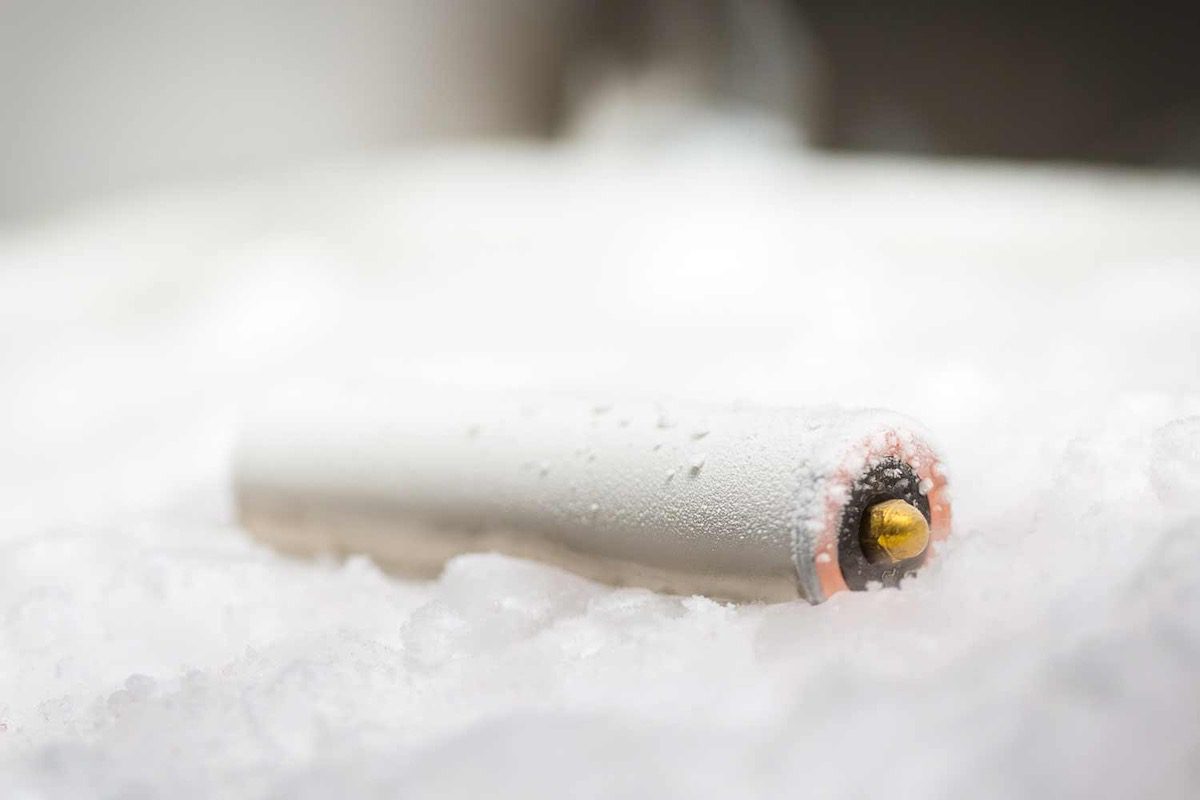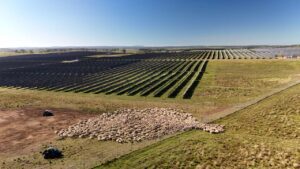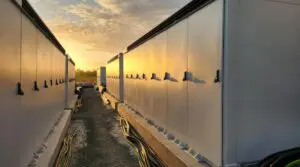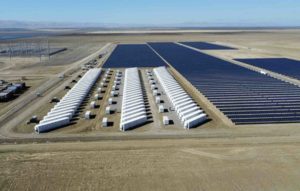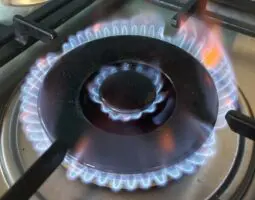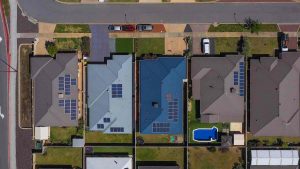Sparc Technologies says it will speed up and extend its research and development into sodium ion batteries, as an alternative to lithium-ion, after a second round of positive results from testing was reported this week.
Sparc has been working with the Queensland University of Technology on how to source sustainable hard carbon anode material for sodium ion batteries, and may have found an answer with green bio-waste and less energy intensive processes.
The problem with current hard carbon materials now is that they are sourced from fossil fuel feedstock, including one bi-product known from the oil and gas industry known as pitch, which also involves a very energy consuming process because of the need for high temperatures.
Sparc reported a first round of positive results from the research in March, and this week says QUT has delivered a second project milestone report that is also very encouraging.
The latest QUT report on the results of sodium ion half-cell battery testing confirms “consistently high reversible capacities and ongoing improvements” in the efficiencies of the bio-waste derived anodes, Sparc says.
“Improving the capacity of hard carbon anodes is considered to be important for increasing the overall energy density of sodium-ion batteries, which is a key limitation to widespread use in mobility applications such as electric vehicles currently,” Sparc says.
And it says that, given the “continuation of positive capacity results” it is planning to accelerate its research and development in this area targeting further optimisation and testing to demonstrate a broader suite of battery characteristics.
Sparc is also in the process of completing a techno-economic analysis and is conducting testing of the hard carbon materials at an external laboratory.
“The feedstock and process is demonstrating high capacity anode material which, subject to further testing and results, holds the potential to improve the energy density and carbon footprint of sodium-ion batteries,” Sparc executive chair Stephen Hunt said on Friday.
“Sparc continues to see momentum building behind sodium-ion batteries as an alternative battery chemistry, driven by raw material availability and cost, and we remain well positioned as one of the only ASX listed companies actively targeting this growing field.”

